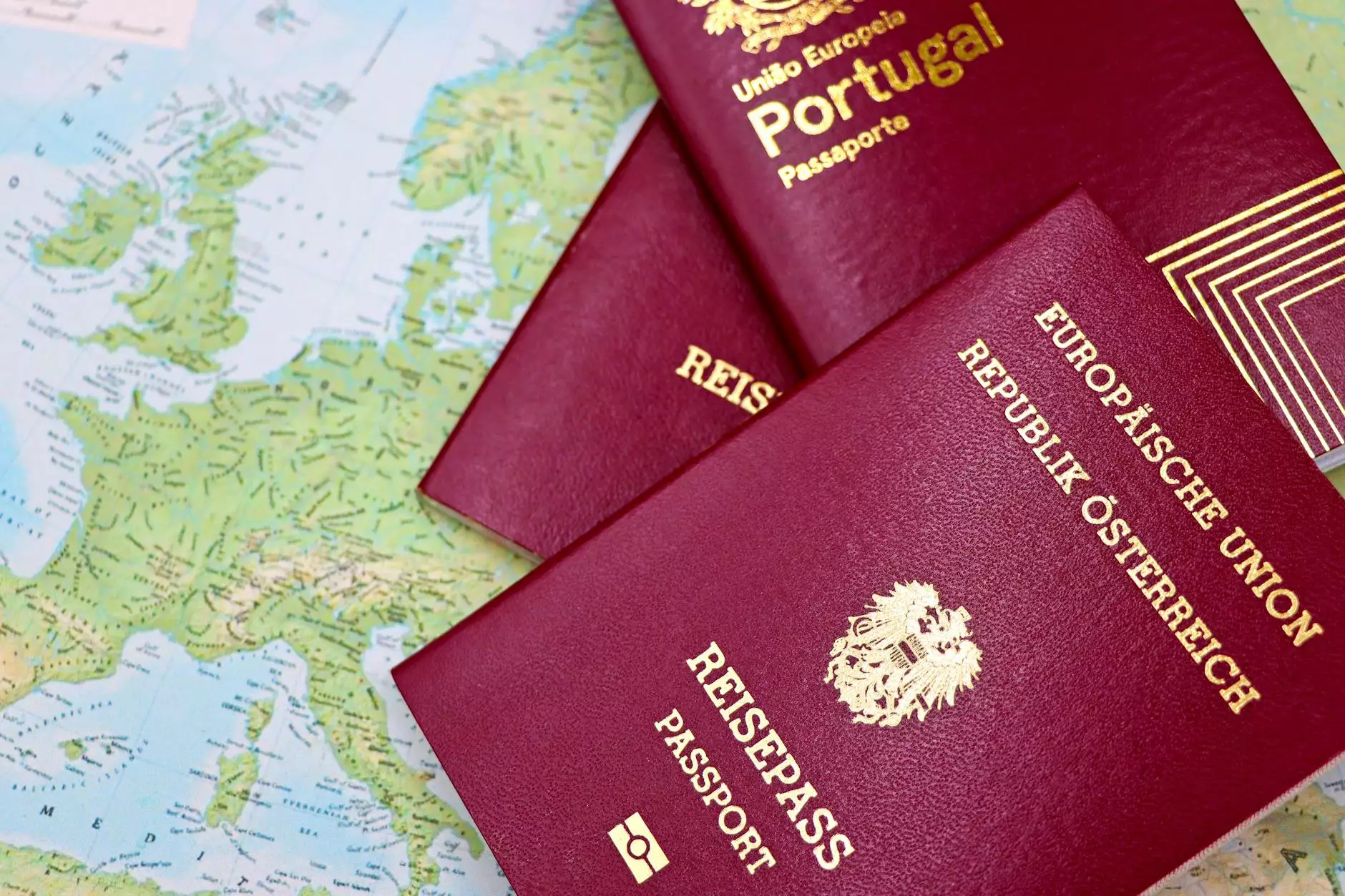Why Investing in a Business Private Jet is Essential for Modern Enterprises

In the fast-paced world of commerce, time is money. For modern enterprises, the ability to travel quickly and efficiently can make all the difference in maintaining a competitive edge. This is where the business private jet comes into play. Owning or chartering a private jet tailored for business travel is not just a luxury; it's a strategic investment that can significantly enhance operational efficiency and productivity.
Understanding the Value of Business Private Jets
Corporate executives and business owners increasingly recognize the value of a private jet in expediting business operations. These aircraft offer unparalleled flexibility, allowing individuals to travel on their own schedule rather than adhering to commercial airline timetables. Here are some compelling reasons why a business private jet is a wise investment:
- Time Savings: Airlines often incur delays and cancellations, wasting valuable time. Private jets eliminate these concerns and allow executives to reach their destinations at their convenience.
- Privacy and Security: Conducting business discussions during flights can be essential. Private jets provide a confidential environment away from prying ears.
- Access to Multiple Airports: Business jets can land at thousands of airports worldwide, many of which are closer to business locations than major airports used by commercial flights.
- Custom Scheduling: The ability to create a travel itinerary that suits the company’s needs is crucial for maximizing efficiency.
The Financial Perspective: Costs vs. Benefits
When considering a business private jet, many executives weigh the initial purchase or charter costs against potential benefits. Here, we will delve into the financial aspects, focusing on cost-efficiency and return on investment:
Initial Investment and Ownership Costs
Owning a business private jet entails significant initial costs. These can vary based on the make and model of the aircraft but consider the following aspects:
- Purchase Price: Depending on the size and brand, business jets can range from a few million to over 70 million dollars.
- Maintenance and Operation: Ongoing costs include maintenance, insurance, fuel, and pilot salaries, which can add up quickly.
- Depreciation: Like any vehicle, jets depreciate over time, which must be considered in financial forecasts.
Potential Savings and Increased Revenue
Despite the significant initial investment, many companies find that the benefits far outweigh the costs:
- Increased Productivity: Business jets allow teams to use travel time productively, conducting meetings or brainstorming sessions en route to their destination.
- Greater Flexibility: Able to rapidly adjust their travel plans, businesses can respond promptly to market changes or client needs.
- Cost-Effectiveness for Frequent Travelers: For businesses with frequent travel, the cumulative savings from using a private jet can be substantial compared to commercial flights.
Choosing the Right Business Private Jet
Selecting the perfect business private jet requires careful consideration of several factors to meet the dynamic needs of modern businesses:
- Capacity: Determine how many passengers typically travel together, which influences the size of the aircraft required.
- Range: Consider the distance of typical flights and ensure the chosen jet can cover these routes without refueling.
- Facilities and Comfort: Look for jets that offer the amenities necessary for in-flight productivity and comfort, such as conference rooms, Wi-Fi, and comfortable seating.
- Operational Costs: Different jets have varying operational costs; a balance between size and efficiency is essential.
Charter Vs. Ownership: A Cost Analysis
For many companies, the question arises: should we charter or purchase a business private jet? Here we’ll break down these options:
Benefits of Chartering a Private Jet
- No Long-term Commitment: Chartering allows businesses to avoid the significant upfront costs and ongoing expenses associated with ownership.
- Flexibility: Only pay for the flights you need, making this option suitable for businesses with less frequent travel needs.
- The Latest Models: Charters often provide access to newer aircraft models which might not be economically advisable for a company to own outright.
Advantages of Ownership
- Asset Control: Owning a jet is an asset for your company that can potentially appreciate over time.
- Customization: The aircraft can be tailored specifically to your corporate branding and layout requirements.
- Guaranteed Availability: With ownership, the aircraft is always available for your travel needs without the hassle of booking.
Regulatory Considerations for Business Private Jets
Operating a business private jet involves navigating various regulatory environments. Here’s what you need to know:
Licensing and Pilot Requirements
Ensuring that your crew is licensed and trained in compliance with aviation standards is paramount for safety and legality. Depending on the country or region, regulatory bodies like the FAA in the United States provide guidelines on certification:
- Private Pilot’s License: Required for all pilots operating the aircraft.
- Type Rating: Pilots need to be qualified on the specific model of the jet.
- Flight Reviews: Regular flight reviews and training ensure ongoing compliance and competency.
Maintenance Standards
Maintenance is another critical aspect of ensuring that your business private jet operates within safety regulations:
- Scheduled Maintenance: Aircraft must undergo routine checks and maintenance as prescribed by aviation authorities.
- Record Keeping: Accurate records of maintenance and repairs are crucial for compliance and safety documentation.
The Future of Business Private Jets
The future of business private jets looks promising as advancements in technology continue to evolve. Here are a few trends that are shaping the industry:
- Eco-Friendly Aviation: As sustainability becomes more critical, manufacturers are developing greener technologies, including electric and hybrid jets.
- Increased Use of Digital Platforms: Online charter services and booking platforms are simplifying the process of hiring jets, making it more accessible.
- Greater Customization: Future jets will likely incorporate more advanced technology for improved in-flight experience, offering superior connectivity and comfort.
Conclusion: Embrace the Future of Corporate Travel with a Business Private Jet
In conclusion, investing in a business private jet represents an invaluable opportunity for companies aiming to enhance their operational efficiency and maintain a competitive advantage in their industry. The ability to travel privately, efficiently, and flexibly can transform the way businesses operate. From saving time to improving productivity, the benefits of private jets far outweigh the initial costs, making them a strategic asset in today’s fast-paced business landscape.
As businesses look toward the future, embracing the advantages of corporate aviation will be essential in navigating an increasingly competitive and globalized market.









